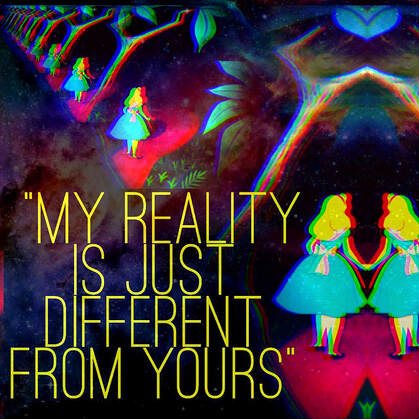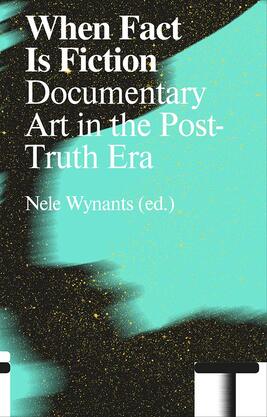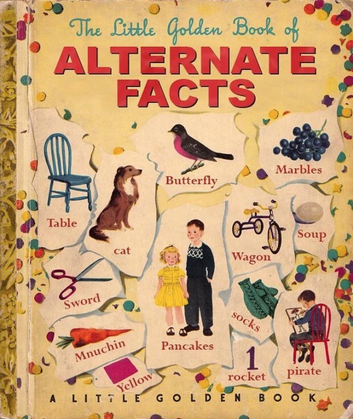|
Stop pretending… In a commercially competitive and culturally chaotic world striving for better, faster, more, consumers the world over are selective in what they believe, particular about what they choose, and overwhelmed by information and options. As a kind of defence mechanism, consumers are more sceptical and even more difficult to convince. So, instead of trying to persuade them with false hope and empty promises, be direct, provide a platform for conversations, and align your marketing or advertising with the values the product represents. Stand your ground We are seeing a rise in populism (where ordinary people are at the centre of focus in media, art, politics, and more) and a decline of trust in a privileged elite. This is happening in international markets, and locally with people such as Julius Malema and the EFF appealing to the working class (wearing similar uniforms and taking a stand for matters that concern the average South African). But… there are exceptions. For example, where does US president Donald Trump fit into this? Trump is the very definition of a privileged elite — and yet he appeals to the masses, to the ordinary person. Just as BMW represents for many the drive and ambition to succeed, and Mercedes Benz the indication of having arrived, — public figures (such as Trump) are a brand themselves, and anyone who associates with this brand carries with them the labels that it entails. Earlier this year, Kellogg’s decided to retract all its advertising from the online news platform, Breitbart News Network. The brand’s reasoning for doing so was that its values didn’t not align with what it believed Trump’s to be, and Breitbart seemed to broadcast these less-favourable ideas and ideals to an audience supposedly supportive of that. Breitbart’s response was to stand its ground and begin a social media boycott movement: #DumpKelloggs. Transparency trumps deception Rather than publicly slamming or insulting a person or brand — and ultimately its supporters — it would be best to indicate what one does stand for. Nando’s, the Portuguese-themed food chain originating in South Africa, has outlined very clearly where it stands on particular matters, and how it implements this through its brand and product. Its transparency gains trust and its values translate into customer loyalty. Honesty is bitter sweet Taking a stand doesn’t have to mean being overly serious or repositioning your brand in order to communicate a thoughtful message. Ben & Jerry’s, popularly known for its ice cream, is vocal on social issues but in a way that’s true to its brand. The way that it communicates its opinions and information on issues or current events is powerfully to the point and easy to understand, and it is also accompanied by illustrations to make it seem less intimidating or daunting.The key is to be direct, transparent, open and honest — but with substance. There needs to be purpose behind your communication. Be wary of who you associate with, what you draw on, and what you refer to in your advertising. Stay relevant by adapting to shifting global narratives. This article was published on Marklives
0 Comments
Leave a Reply. |
MARGUERITE COETZEE
ANTHROPOLOGIST | ARTIST | FUTURIST CATEGORIES
All
|




 RSS Feed
RSS Feed
